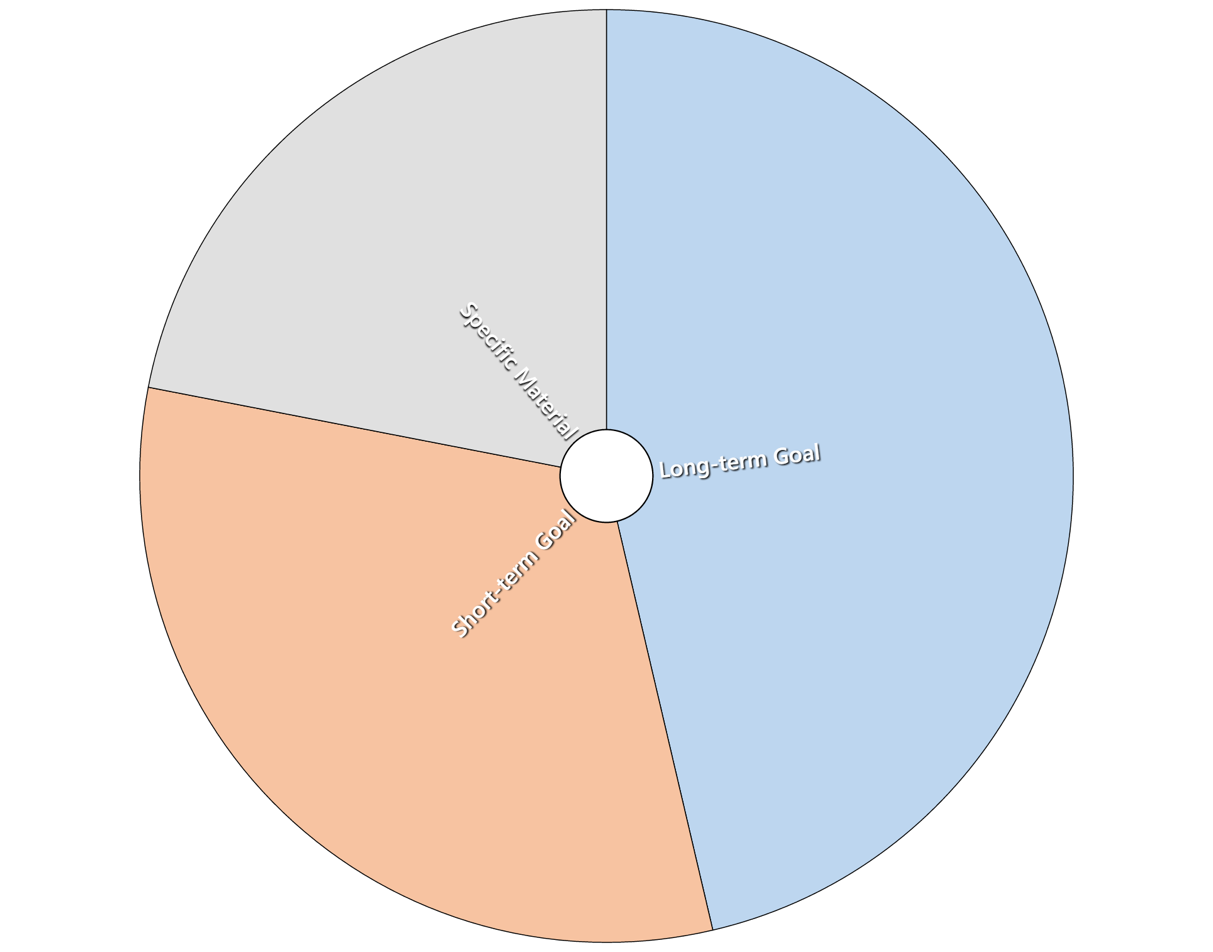Investigating the English needs of law department students in English for specific purposes
DOI:
https://doi.org/10.21070/jees.v6i1.1085Keywords:
Need analysis, Law department, Course Development, English for Specific PurposeAbstract
This present study aims at investigating the students’ target needs in learning ESP Speaking of Law department students. The adapted version of Aliakbari & Boghayeri’s (2014) and Alsamadani’s (2017) questionnaire was used as the main instrument of this study to understand the 45 students’ perception about their needs in learning ESP speaking course. A mixed-method research design was implemented in this present research. Students’ responses were analyzed statistically using SPSS 16.0 by calculating the mean, frequency and percentage. To elicit more understanding on the topic, interview was implemented to senior students in order to get deeper investigation about students’ target needs. The interview data were then analyzed using NVivo 12 Plus. This study reveals that most of the students’ needs are concerned with their professional job in the future so they are able to use English in their fields. Thus, this study provides some highlighting points on what to include in course development. In such a notion, this study suggests lecturers provide specific materials related to law in order to face their professional life either in short- or long-term future needs.
.
HIGHLIGHTS:
- This study pinpoints the result of Law students measurement on their self-rating towards their English competences.
- This study highlights on materials related to Law department that are perceived to be strongly needed and less needed.
- This study also reveals that according to students’ interview transcript, their needs in learning ESP are found to attain long-term goal compared to the short-term one.
Downloads
References
Ahmed Alsamadani, H. (2017). Needs Analysis in ESP Context: Saudi Engineering Students as a Case Study. Advances in Language and Literary Studies, 8(6), 58. https://doi.org/10.7575/aiac.alls.v.8n.6p.58
Albakrawi, H. T. M. (2013). Needs Analysis of the English Language Secondary Hotel Students in Jordan. International Journal of English Language Teaching, 1(1), 13–23.
Aliakbari, M., & Boghayeri, M. (2014). A Needs Analysis Approach to ESP Design in Iranian Context. Procedia - Social and Behavioral Sciences, 98, 175–181. https://doi.org/10.1016/j.sbspro.2014.03.404
Bosher, S., & Smalkoski, K. (2002). Needs+Analysis+8+(1).Pdf. English for Specific Purposes, 21, 59–79.
Chostelidou, D. (2011). Needs-based course design: The impact of general English knowledge on the effectiveness of an ESP teaching intervention. Procedia - Social and Behavioral Sciences, 15, 403–409. https://doi.org/10.1016/j.sbspro.2011.03.112
Farah, R. R. (2018). Who am I? Interrogating My Identity as ESP Teacher: Personal Narration. CELTIC A Journal of Culture, English Language Teaching, Literature and Linguistics, 3(1), 1–15. https://doi.org/10.22219/CELTICUMM.Vol3.No1
Farah, R. R., & Sumarsono, P. (2019). The English Needs of Islamic Studies Learners: ESP Speaking Course Model. Advances in Social Sciences, Education and Humanities Research, 349, 563–566. https://doi.org/.1037//0033-2909.I26.1.78
Indrasari, N. (2016). English for Specific Purposes: A Need Analysis at The Second Semester of Physics Education Students of IAIN Raden Intan Lampung in The Academic Year of 2015/2016. English Education: Jurnal Tadris Bahasa Inggris IAIN Raden Intan, 9(1), 161–172. https://doi.org/10.24042/ee-jtbi.v9i1.425
Ishak, C. N. (2019). Metaphorical Analysis of Teachers’ and Students’ Perception of ESP. 5(1), 56–76.
Lee, C.-L. (2016). Principles and Practices of ESP Course Design-A Case Study of. International Journal of Learning, Teaching and Educational Research, 15(2), 94–105.
Liu, J. Y., Chang, Y. J., Yang, F. Y., & Sun, Y. C. (2011). Is what I need what I want? Reconceptualising college students’ needs in English courses for general and specific/academic purposes. Journal of English for Academic Purposes, 10(4), 271–280. https://doi.org/10.1016/j.jeap.2011.09.002
Poedjiastutie, D., & Oliver, R. (2017). Exploring Students’ Learning Needs: Expectation and Challenges. English Language Teaching, 10(10), 124. https://doi.org/10.5539/elt.v10n10p124
Pourshahian, B., Gholami, R., Vaseghi, R., & Kalajahi, S. A. R. (2012). Needs of an ESL context: A case study of iranian graduate students. World Applied Sciences Journal, 17(7), 870–873.
Salazar, A. S. (2011). Designing an EGBP Course : Needs Analysis As a Key Determinant. Memorias de Las. Jornadas de Lenguas En Contacto, 133–142.
Xhaferi, B., & Xhaferi, G. (2011). The English language skills in ESP for law course. LFE: Revista de Lenguas Para Fines Específicos, 1127(17), 431–448.

Published
How to Cite
Issue
Section
License
Copyright (c) 2021 Ummu Artha Tsary Rumalessin, Rafika Rabba Farah

This work is licensed under a Creative Commons Attribution 4.0 International License.







